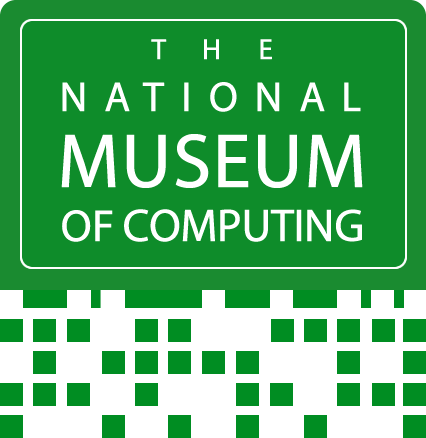Hallowe'en's computer
/The spooky computer that keeps coming back to life – especially at Hallowe’en
The incredible story of the WITCH, the world’s oldest working digital computer that has risen from the dead on three separate occasions, is told in new two-and-a-half minute video especially released for this Hallowe’en.
Today the mesmeric flashing, clicking and clacking of the computer draws visitors from all over the world – especially at Hallowe’en -- and has inspired the careers of many a computer scientist from its first incarnation in the 1950s right up to its fourth life today at The National Museum of Computing.
Kevin Murrell, who was instrumental in recovering the computer in 2009 said: “As one of the first teenage geeks, I first came under the spell of the WITCH in the 1970s during its third life at a Birmingham museum. Then the WITCH seemed to vanish, but, quite by accident, I found it disembodied in a crypt at the Birmingham Museum Collection Centre in 2009 and arranged for it to come to The National Museum of Computing for restoration.
“The WITCH’s four lives and its three resurrections are superbly told in the Lost Boys Studio's video now available on You Tube. Although the WITCH is in its 65th year, retirement isn’t an option. There’s too much life and lots of spooky stories yet to come.”
The WITCH was originally called the Harwell Dekatron computer when it was completed in 1951, but it must have been spooked when it was won in a competition by Wolverhampton Technical College in 1957 and promptly renamed the WITCH – the Wolverhampton Instrument for Teaching Computation from Harwell.
The fourth anniversary of the WITCH's restoration to full working order at The National Museum of Computing is on 20 November 2016.
Notes To Editors
WITCH video
The National Museum of Computing warmly thanks the makers of the video:
Lost Boys Studio, Directed by Duncan Catterall, Original Music & Sound by Ru Cook. www.lostboysstudio.com
WITCH Fact file
1949 Design begun
1951 First operated
1957 Moved to Wolverhampton
1973 Declared world's most durable computer
1973 Moved to Birmingham Museum of Science and Industry
1997 Moved into storage at Birmingham Collections Centre



